The project we propose is called Change is in the Air (CAP).
Change is in the air is a coalation consisting of community based organizations, technical experts (engineers and scientists), educators, and local municipalipaties focused on climate justice through BIPOC clean energy career development.
Our coalation and program framework includes a program for Black youth and near-peer undergraduate mentors participating in project-based mentoring and career exploration where they are paid to train in air quality science, data collection, analysis, and climate justice. The CAP project introduces Black youth to work related to measuring, evaluating and addressing climate-related emissions through a series of activities and training modules. Professional engineers and scientists developed seven of the training modules to teach technical aspects of the work, while the Blueprint Foundation, in collaboration with Neighbors for Clean Air and a Portland Public School science teacher, developed the modules on community engagement and advocacy.
The CAP work is essential for climate justice, as a recent study funded by the US Environmental Protection Agency (US EPA: DOI: 10.1126/sciadv.abf449) showed that BIPOC communities are disproportionately and systematically affected by air pollution, especially particulate pollution. Current regulatory data related to particulate concentrations is regional in nature, which leaves local communities especially BIPOC and low income communities without the data needed to request and advocate for meaningful infrastructure improvements or planning decisions. Data on existing conditions as well as long term changes are required to be sure projects and transition plans have the promised outcomes.
Engaging the community through the CAP will have both short term and long term benefits for the community. In the short term, CAP will raise awareness of the existing conditions and spotlight resources available to the community including increasing nature based recreation and other activities through building awareness and trust of science and community researchers. Students are also exposed to STEAM training, activities and professionals opening up additional possibilities for youth and adults in the community to engage in environmental stewardship and other benefits related to the emerging 'green' economy. Long term the community will have a longitudinal data set that can influence personal and community decision-making related not only to activities that may impact health, but activities that generate greenhouse gas (GHG) and other climate forcing pollutants. The community accessible data dashboard will facilitate the exchange of information between community and technical experts including regulatory and policy development entities.


